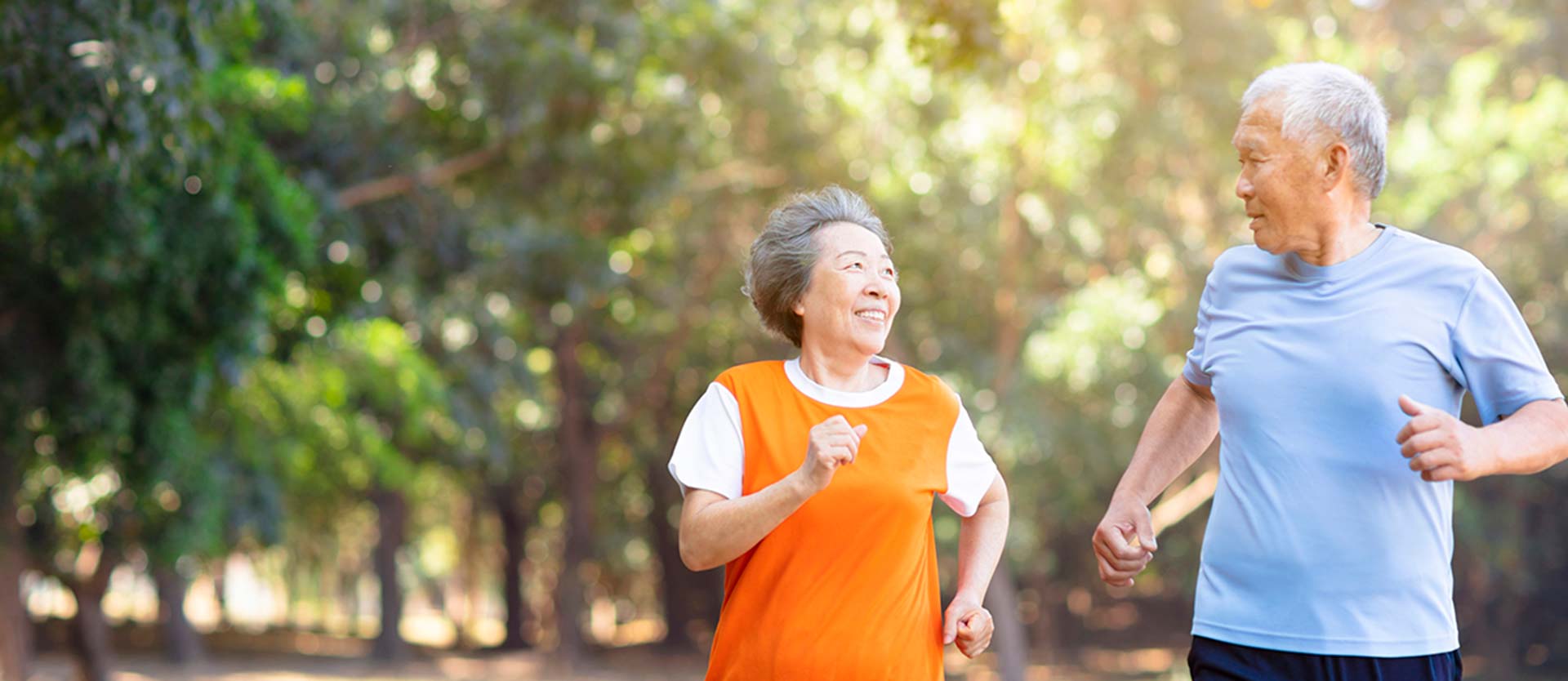ADLs. BADLs. IADLs. DADLs. These activities of daily living acronyms may look like alphabet soup, but in reality, they’re essential ways to assess how seniors function so they can remain independent longer, with just the right amount of support when they need it.
Activities of Daily Living Definition
There are three categories of everyday tasks we perform to live independent lives without help from another person:
- Activities of Daily Living (ADLs) — sometimes referred to as Basic Activities of Daily Living (BADLs)
- Instrumental Activities of Daily Living (IADLs)
- Domestic Activities of Daily Living (DADLs)
Assessing ADLs and IADLs in older adults is important because it helps identify functional difficulties. Problems with ADLs and IADLs typically reflect physical and cognitive issues and may indicate the need for personal care assistance, lifestyle support or activity assistance.
Diagnosing and managing health problems helps ensure seniors have the support they need to overcome or compensate for functional difficulties. It also helps caregivers who might be struggling to assist a loved one.
When your parent or loved one is having trouble with the activities of daily living, your first instinct may be to try to step in and help — whether that’s by cleaning, shopping, cooking or driving. But what happens when a health event complicates the situation further? You need answers to your senior health care questions.
Examples of Activities of Daily Living
What are the things Mom and Dad need to do when they get up in the morning and get ready for the day or to leave their home? They get out of bed, take care of their bathroom business, take a shower, get dressed, eat breakfast and head outside. These are self-care tasks we all learned at a young age, and they’re tied directly to a senior’s independence.
Activities of daily living can’t be avoided or skipped without affecting health and safety. For each activity, seniors can vary from needing a helping hand or gentle reminder to requiring someone to do the task for them. An activities of daily living list includes:
- Selecting and putting on clothes and managing overall appearance.
- Moving to and from the toilet, using it correctly, and properly cleaning up afterward.
- Adequately washing the face and body in the shower or tub.
- Eating and drinking. Getting food from plate to mouth and drinking from a glass or cup.
- Transferring and ambulating. Walking, getting around the home or climbing stairs. Moving from one body position to another, such as bed to chair or bed to wheelchair. It also includes standing up from a chair or couch in order to grasp a walker or cane.
While each senior ages differently, the need for ADL support may occur in stages, starting with the loss of hygiene function or ability to use the toilet, followed by transferring, and then eating.
Examples of Instrumental Activities of Daily Living
Because they’re not related to fundamental functioning, it’s common for seniors to need help performing IADLs before ADLs. These are tasks we typically learn as teenagers and require more complex thinking and organizational skills. IADLs also don’t threaten independence. If a little help is needed in these areas, seniors can still remain in their homes.
- Shopping for clothing, toiletries and other essentials for daily life.
- Planning for meals, buying groceries, and meal preparation and cleanup.
- Managing medications and prescriptions, including obtaining from the pharmacy and taking as directed.
- Using technology and managing communication via phone, computer or mail.
- Housecleaning and keeping a tidy living space. Keeping up with home maintenance.
- Attending beauty or medical appointments and running errands by driving or using another form of transportation.
- Managing finances, paying bills on time and managing assets.
Examples of Domestic Activities of Daily Living
DADLs are often the first type of activities seniors stop doing as they grow older. They include activities that help measure the quality of life such as:
- Companionship and socialization.
- Physical exercise (walking, jogging, riding a bike or hiking).
- Mental exercise (doing a crossword puzzle or playing solitaire).
- Hobbies that require dexterity or fine motor skill (gardening, knitting or playing a musical instrument).
- Engaging in art (painting, sculpting, pottery or coloring).
- Caring for grandchildren or a pet.
Assisted Living at Presbyterian Village North
The professionals at Presbyterian Village North create an atmosphere that invites social interaction and engagement in life, with just the right amount of support. Their combination of consummate skill, extensive experience and compassion help residents feel at home right away.
The Village team understands that each individual has concerns; personal preferences; and emotional, social and spiritual needs. We create individual care plans that promote independence as well as offer welcoming and comfortable accommodations: spacious studio, one- and two-bedroom residences; private dining room for special occasions; family-style living rooms; well-appointed common areas; and covered porches for outdoor enjoyment.
Person-Centered Care at The Village
Paying personal and professional attention to all residents means we honor the personal narratives that have been woven into the fabric of their lives. Person-centered care also means we place our residents’ needs at the center of everything we do.
In addition to offering upon-request assistance with bathing, dressing and personal grooming, person-centered services include:
- Restaurant-style dining with chef-prepared cuisine
- High level of staff presence and engagement
- Medication management
- On-site therapy services
- Wellness programs to stimulate the mind and body
- Calendar of social and cultural activities
- Weekly housekeeping, laundry and flat linen service
- Scheduled transportation
- Emergency call system with pendant
- Nurse on-site around the clock
- On-site physician, dentist, podiatrist and audiologist
Other resident amenities include a full-service beauty salon and barbershop, on-site massage therapist and aesthetician, therapy pool with underwater treadmill, well-stocked library, and a full-time spiritual life staff with chaplain on call at all times.
Person-centered services are all part of our unique pay-as-you-need continuum of care here at The Village. We provide extra help when needed to preserve your independence for as long as possible. This may include day-to-day living assistance, treatment for illness or injury, rehabilitation after surgery, or long-term care.
Come for a visit to see our spacious, spectacular campus and close-knit neighborhood of friendly residents.

